Push for Jungle Primary in Oklahoma Elections
While some are referring to the proposal as an “open” primary, the “united” or “jungle” primary is actually quite different. In a closed primary system, which Oklahoma presently uses, one must be registered as a voter in a specific political party before one can vote in that political party’s primary. In other words, only voters registered Democrat can vote in the Democratic primary, and only voters registered Republican can vote in the Republican primary. In an open primary, a voter does not have to be registered with the political party to vote in its primary, but the voter does have to choose the ballot of one party or the other.
The proposed jungle primary, on the other hand, is different. In a jungle primary, all candidates for an office, whether they be Democrat, Republican, Libertarian, or independent, run on one unified primary ballot. While the candidates are still identified on the ballot by their party, the voter can choose any candidate they wish on that ballot. If one candidate wins a majority of the vote, then that candidate has won the election, and there is no need for a general election.
As it is highly unlikely that a candidate could achieve a majority in a field of Democrats, Republicans, minor party candidates, and independents, the jungle primary usually sends the top two vote-getters, regardless of political party, to the general election. It is possible – and it has happened in California, where they use a “jungle primary,” for both general election candidates to be of the same political party.
In Oklahoma, citizens can circulate an initiative petition to force a statewide vote to potentially amend the state constitution, and that is what Oklahomans United for Progress are attempting to do. According to state law, an intent to circulate such a petition is filed with the secretary of state. After a period of review, in which the public can express objections to the wording of the petition, the proponents have 90 days to collect 15 percent of the total votes cast in the previous race for governor, which is currently 172,993 signatures.
If that number of valid signatures are collected, then the governor sets the date for an election. It is up to the governor whether to call a special election, or leave the proposal to be voted on in the next general election, which would be in November of 2026. Governor Kevin Stitt, who opposes the effort to change our present closed primary system, has not yet indicated what he would do.
Proponents of the change to a jungle primary argue that such a change is necessary because Oklahoma has low turnout rates, and they allege that Oklahoma elects “extreme” candidates. They also contend that our present system disenfranchises voters – such as independents – who are not allowed to vote in the primary that chooses a party’s candidate. These supporters of the jungle primary argue that the system they are pushing would lead to a larger voter turn-out, more moderate candidates, and allow all registered voters – regardless of political party – to participate in all elections.
The biggest supporters of the jungle primary idea are Democrats, “moderate” Republicans, and paid political consultants. With the shift in Oklahoma to increased dominance by the Republican Party, Democrats often have no primary to vote in, and the election is thus determined in the Republican primary. Therefore, Democrats see the jungle primary as a way for them to choose which Republican will be elected, and one can surmise that they would vote for what they perceive is the least conservative Republican. And for political consultants, regardless of their true motivation for supporting the plan, it would likely lead to more “competitive” races with more candidates, and thus more income for them.
Self-described moderate Republicans are another group who tend to support the idea of a jungle primary, as “moderate” Republicans are less likely to win Republican primaries, or, in many cases, choose to hide their less conservative leanings in order to get elected.
Oklahoma City Mayor David Holt – who in 2017 was rated at 13 percent conservative in the Oklahoma Conservative Index, the last year he was in the Legislature – is a huge supporter of the jungle primary idea. Former Tulsa Mayor G.T. Bynum has argued that the jungle primary would lead “to more effective government by reducing the potential for partisanship in office.” And, former Oklahoma Congressman Mickey Edwards, who was elected and served as a Republican in the U.S. House for 16 years, until his troubles with the House Bank Scandal, supports the jungle primary, explicitly to have candidates who are “more moderate or centrist.”
Edwards cited U.S. Senator Mike Lee of Utah as the type of Republican who benefits from the closed primary system, and contends that the jungle primary system would make it more difficult for a conservative like Mike Lee to get elected (Lee is one of the most conservative members of Congress). In fact, Edwards has formally left the Republican Party, and has supported Democrat presidential candidates Barack Obama, Joe Biden, and Kamala Harris in recent years.
Opposition to the jungle primary generally comes from more traditional and conservative Republicans. Lieutenant Governor Matt Pinnell condemned the idea in a released statement: “At best, the push to mandate open primaries is a solution in search of a problem, and at worst, it is a thinly veiled attempt to weaken Republican voters in choosing the nominees to represent our party. Oklahoma is a conservative state, and Republicans hold all the statewide and federally elected positions and super-majorities in the legislature for a simple reason: our values and principles represent the will of the state’s voters.”
Governor Kevin Stitt agreed with that sentiment in his own statement on X: “Oklahomans made decisions at the polls that these third-party groups don’t like – so now they want to upend the way we run elections.”
Others challenge the idea that a jungle primary would better representing the will of the voters, noting that had the jungle primary system been in place in 2018, the general election for governor would have pitted two Democrats, and no Republicans. That is because there were multiple Republican candidates that year, and only two Democrats. And while the total Republican vote was much greater than the total Democrat vote, because that Republican vote so many more candidates, the two Democrats would have benefitted from such a system, and emerged as the general election choices.
Others argue that it is unfair to allow Democrats to be choosing which Republican candidate should be elected, comparing it to Methodists picking the deacons at a Baptist church, or Baptists choosing who should be the next pope in the Catholic Church.
If the petition effort is successful, however, voters may soon face deciding whether to implement such a system in Oklahoma.




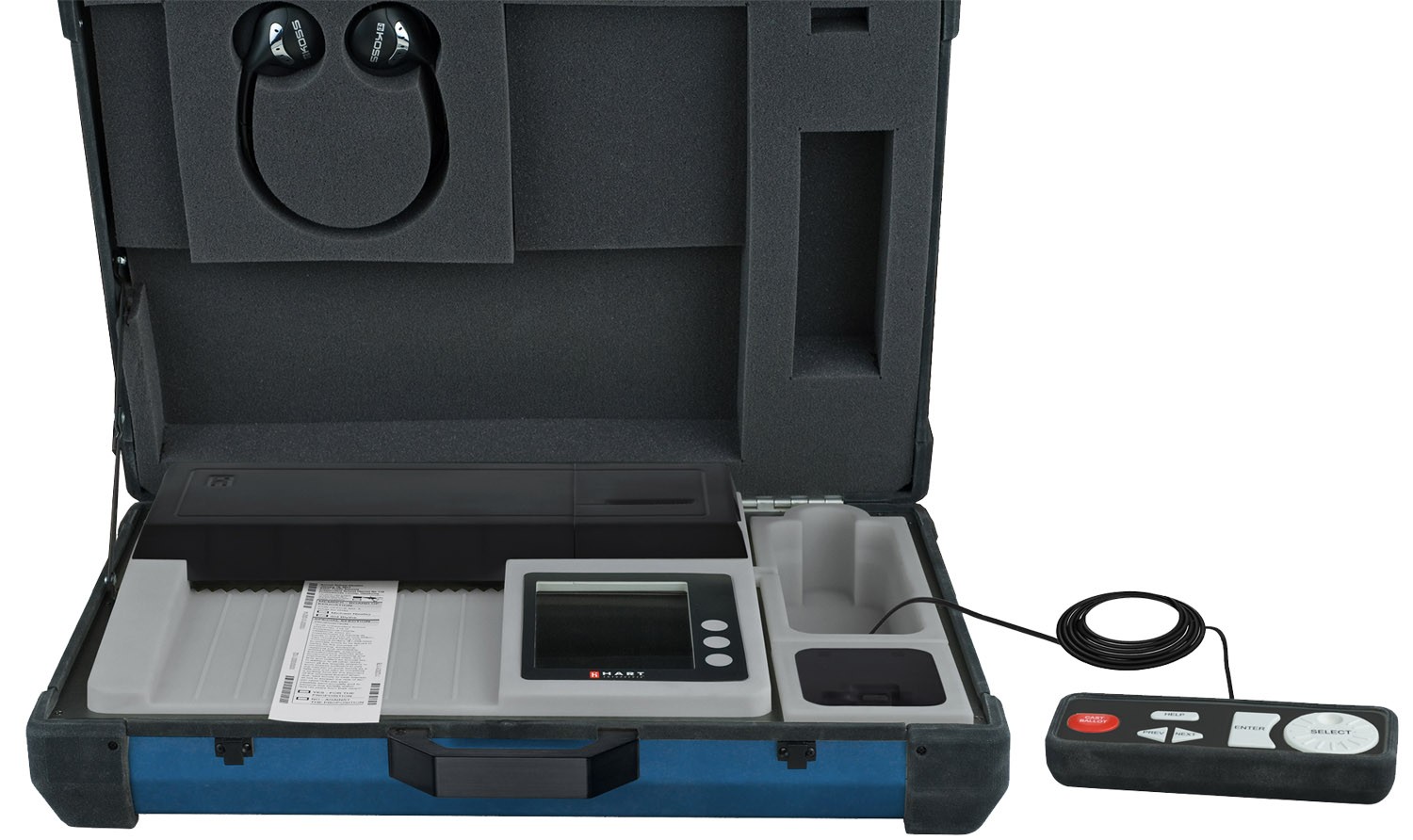
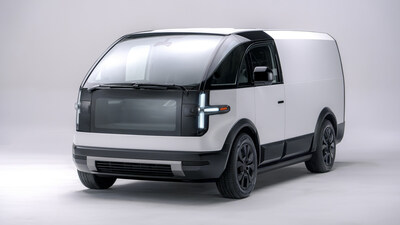
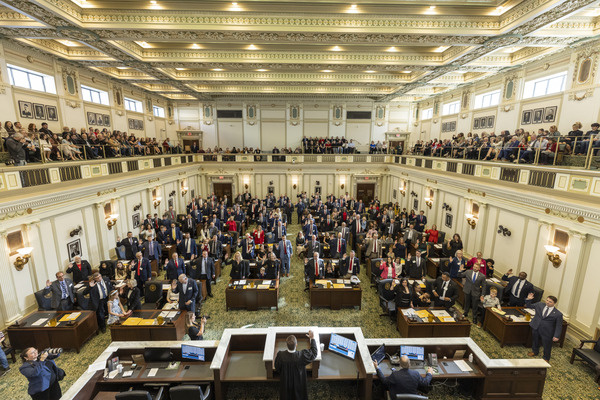

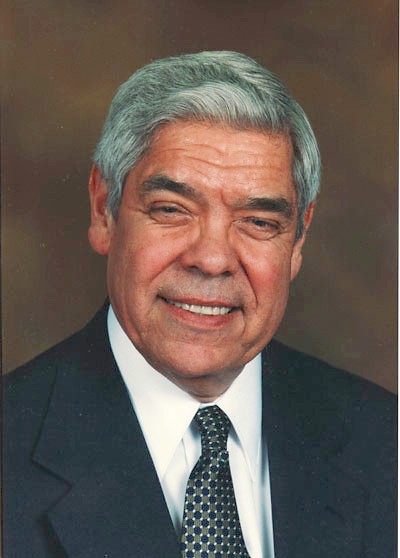
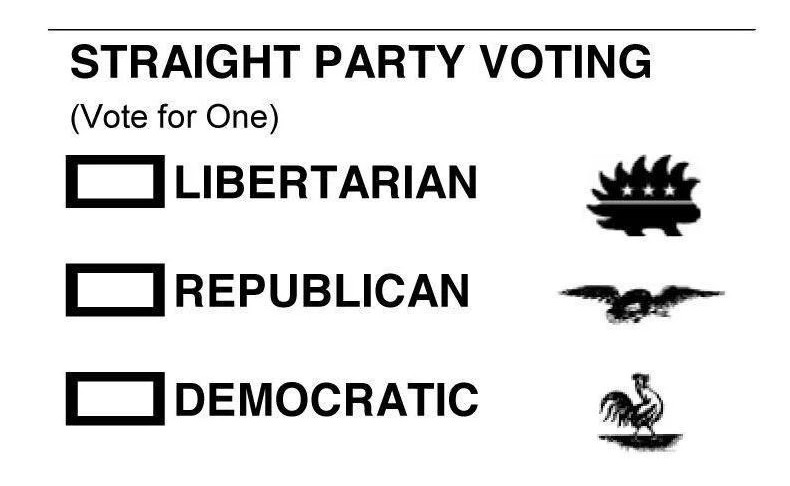
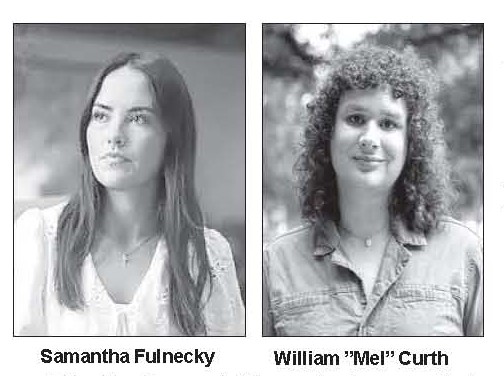



Latest Commentary
Saturday 31st of January 2026
Saturday 31st of January 2026
Saturday 31st of January 2026
Saturday 31st of January 2026
Saturday 31st of January 2026
Saturday 31st of January 2026
Saturday 31st of January 2026
Saturday 31st of January 2026
Saturday 31st of January 2026
Saturday 31st of January 2026
Saturday 31st of January 2026
Saturday 31st of January 2026
Saturday 31st of January 2026